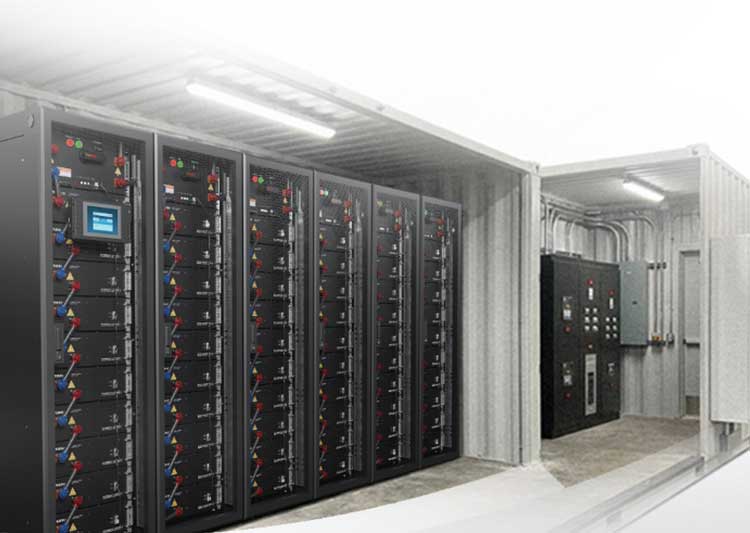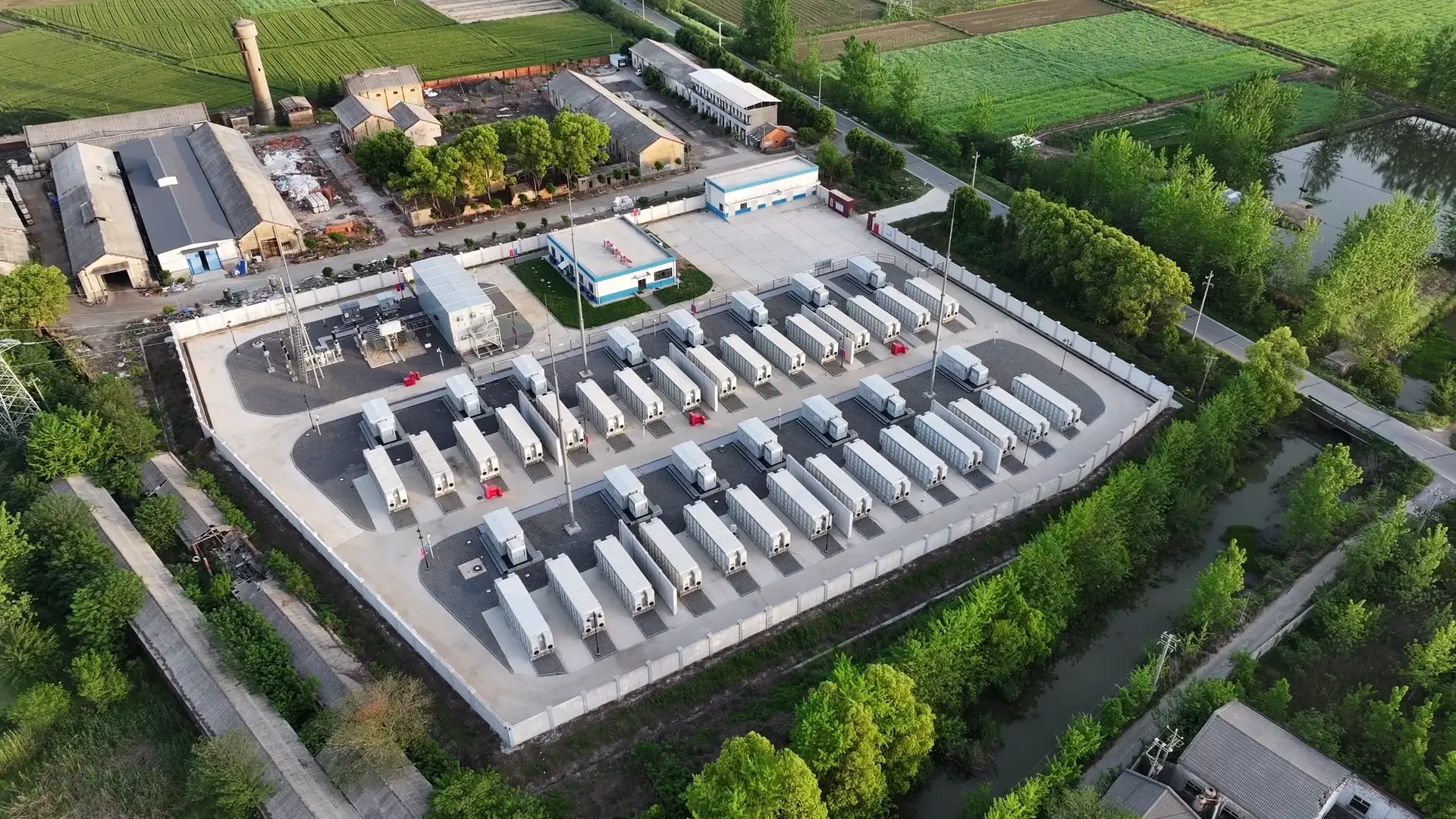What Makes Lithium-ion UPS Batteries Popular?
Before we talk about safety, it helps to know why lithium-ion batteries are widely used in UPS systems. They have several advantages:
● Higher energy density: They store more power in a smaller size.
● Longer lifespan: They usually last 5-10 years, which is longer than many lead-acid batteries.
● Lower maintenance: They don’t need regular topping up of fluids or cleaning.
● Faster charging: They can recharge more quickly after a power outage.
These benefits make them a great choice for critical systems like data centers, hospitals, and telecom.
Are Lithium-ion UPS Batteries Safe to Use?
The short answer is: Yes, they are generally safe when used and maintained properly. But let’s understand what safety means here.
Lithium-ion batteries can be sensitive to:
● Overheating
● Overcharging or deep discharging
● Physical damage
● Poor manufacturing quality
If any of these happen, there’s a risk of thermal runaway, a chain reaction inside the battery causing it to overheat, which can lead to fire or explosion.
How Do Manufacturers Make Lithium-ion UPS Batteries Safer?
The good news is that modern lithium-ion UPS batteries come with many built-in safety features to prevent problems:
● Battery Management System (BMS): This is a smart system inside the battery pack. It constantly monitors voltage, temperature, and current to keep everything in a safe range. If something looks wrong, it shuts the battery down.
● Thermal management: Cooling systems or heat-resistant materials help keep the battery temperature stable.
● High-quality cells: Trusted brands use safe, tested battery cells with protective layers.
● Fire-retardant casing: Battery packs often have cases made from materials that slow down fire spread.
What Are Common Safety Risks and How to Avoid Them?
Even with these protections, accidents can happen if batteries are mishandled or used incorrectly. Here are some common risks and how to stay safe:
1. Overcharging
Make sure your UPS system uses a proper charger designed for lithium-ion batteries. Overcharging can damage the battery and cause overheating.
2. Physical damage
Don’t drop or puncture batteries. Damaged cells can short-circuit and lead to fire.
3. Improper storage
Store batteries in a cool, dry place away from direct sunlight and flammable materials, and avoid high temperatures.
4. Using low-quality batteries
Cheap or counterfeit lithium-ion batteries may skip safety features and pose bigger risks. Always buy from reputable suppliers.
5. Ignoring warning signs
Swollen battery packs, unusual smells, or excessive heat are red flags. If you see any of these, stop using the battery and have it inspected by a professional.
What Should You Do If a Lithium-ion UPS Battery Overheats or Catches Fire?
Although lithium-ion battery fires are uncommon, they can be very dangerous. If you encounter such a fire, follow these important steps to stay safe:
● Do not use water: Water can react chemically with the battery’s materials, potentially causing the fire to intensify or produce hazardous gases. Avoid using water or standard fire extinguishers that rely on water.
● Use a Class D fire extinguisher: These extinguishers are specifically designed to put out fires involving combustible metals like lithium. If a Class D extinguisher is not available, a fire blanket or dry sand may help smother the fire.
● Evacuate the area immediately: Your personal safety is the top priority. Leave the vicinity and alert others to do the same.
● Call emergency services right away: Notify the fire department so professionals can handle the situation safely and effectively.
How to Maintain Lithium-ion UPS Batteries for Long-Term Safety?
To ensure your lithium-ion UPS batteries remain safe and reliable over time, follow these key maintenance tips:
● Regular Inspections: Periodically check the battery’s condition and review Battery Management System (BMS) reports to catch any early signs of issues.
● Maintain a Cool Environment: Batteries perform best and last longer when kept away from extreme heat or direct sunlight. Ensure proper ventilation and stable room temperature.
● Follow Manufacturer’s Guidelines: Always use the recommended chargers and adhere strictly to installation and operation instructions to prevent damage or safety risks.
● Replace Batteries Timely: Monitor the battery’s lifespan and replace it before it reaches the end of its expected service life to avoid failures or hazards.
By following these practices, you can maximize battery life and maintain a safe UPS system.
Summary
Are Lithium-ion UPS Batteries Safe? Yes, they are safe when used correctly. The key is to buy good-quality batteries with proper safety systems, install them following guidelines, and maintain them well.
Compared to older battery types, a lithium-ion UPS battery offers better reliability and safety if handled responsibly. They power critical systems worldwide with high confidence.
If you want to explore lithium-ion UPS batteries or need advice on selecting safe, high-quality options, feel free to ask!




























 2025-08-11
2025-08-11 Name
Name Tel
Tel Email
Email Country
Country Company
Company Information
Information